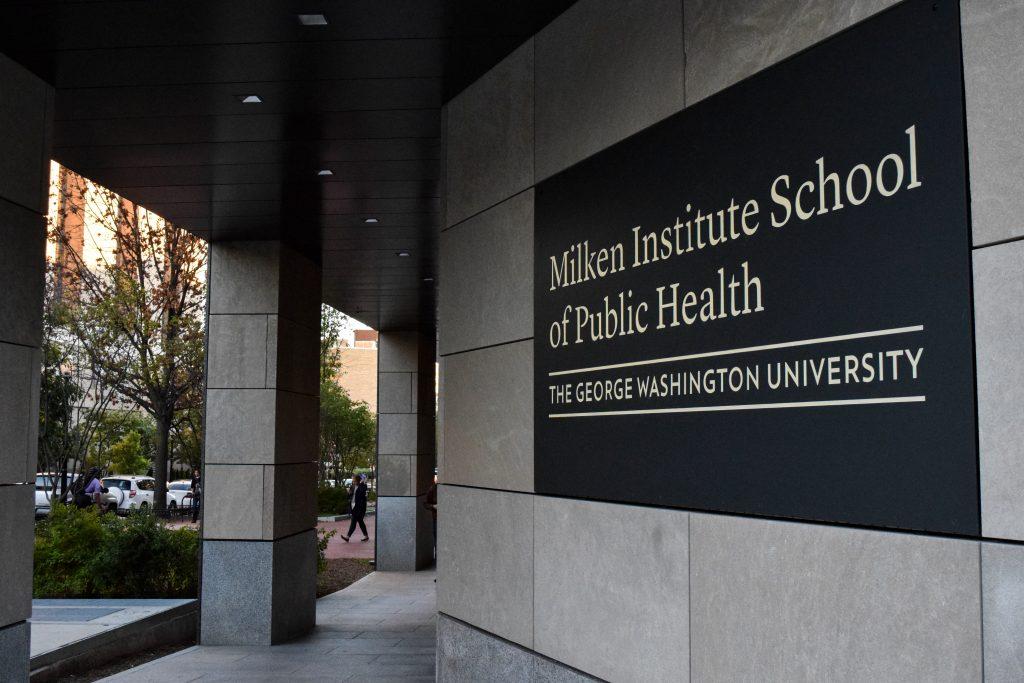Public health faculty members received national attention after publishing a report on the effects of repealing the Affordable Care Act that found 20 million people would be left uninsured.
Leighton Ku, a professor of health policy and management and director of the Center for Health Policy Research, led a team of senior research scientists and associates in publishing a report on the effects of repealing Obamacare, including a projected loss of 2 to 3 million jobs.
Ku said in a University release that Congress has a duty to provide an alternative which addresses healthcare and economic losses. Ku added that repealing the Affordable Care Act would have effects beyond the healthcare sector.
“Cuts in federal funding would not only harm the health care industry and its employees but could lead to serious economic distress for states, including a $1.5 trillion reduction in gross state product from 2019 to 2023,” Ku said in a University release.
Ku and his team began researching the topic before the 2016 presidential election, after realizing that a new administration could repeal the health care act, he said.
Public health professors often contribute to policy debates, and experts in policy have a duty to society, Ku said.
“In the health policy department, we do have a broader responsibility to society and to policy because we have a tradition of academic freedom,” he said in an interview last week.
Ku said he was not completely surprised the report reached beyond academia, but attributed its spread to the current political climate. Multiple media outlets, including the Associated Press, CNBC and Forbes, noted the report, and politicians, including members of Congress and state governors, cited the report.
“There was a protest rally in Michigan and square in the center of a picture in a New York Times article was a protest poster that said ‘Repeal = 2.5 million jobs lost,’ so it is kind of unusual that we had evidence that made it into a protest poster,” he said.
Ku said it is too early to tell how repealing Obamacare would affect college students, but said that it is unlikely student insurance will be affected.
David Jones, an assistant professor of public health at Boston University, said that even though there may be a loss of jobs on the federal level, those jobs could be replaced at the state level.
Jones said the future of the public health sector is not limited to the success of the Affordable Care Act, and that it is important to remember that factors outside of health care also affect health policy.
He added that academia has influenced the direction of public health policy, and that there is a sense of responsibility among researchers and professors to help decision makers navigate public health.
“Academia should play an enormous role in making sure the conversation has evidence-based facts,” Jones said. “Researchers do research that answers questions that are relevant for the public debates, and translate that research for policy makers and for the public.”
Signe Flieger, an assistant professor of health care policy research at Tufts University, said the current interest in public health policy “energizes” academics to do research. She added that there is now a heightened interest in health care policy because a new presidential administration has taken office.
“There is a higher level of engagement and tracking than ever before,” Flieger said. “Even in the health care policy system, people are asking questions and figuring out what this all means.”





